After Dallas, We Need Change, Conversation
By Sameed Khan, contributing columnist
In the midst of all the hate and malice that has gripped the country right now, no one could be faulted for thinking that America is breaking down. Five officers are killed in Dallas as a retaliation against the tens of unjustified killings of Black folks that goes on every day, shaking people to their very core with emotions of fear and outrage.
Unfortunately, America won’t be breaking down anytime soon—that’s the truly depressing part. We’ll have flashy AJ+ videos, heartbroken speeches and posts from luminaries, lawmakers and the President himself, calls for peace, acceptance and introspection, but the most gripping, profound fear is that half a year later, nothing will change.
As cruel as it may sound, the sniper was—is—a product of American policing and racism. Although there is no justification for the shootings in Dallas this week, no one can reasonably expect no backlash from a community that has been trampled on by the boots of countless police officers, a broken criminal justice system and the systemic oppression of a country that has neglected the men and women who built it. They might say that there will be no protests nor marches held for the five officers that died in Dallas, but the truth is that that clenched, raised, black fist isn’t only for Philando Castile or Alton Sterling alone. It’s for the many whose deaths—unlike these officers—are mourned with reservation, question, and suspicion. And as long as nothing isn’t done, this vicious circle of hatred will continue to spin, leaving more families broken and crushed while our wider society breaks a tear, but then moves on.
It’s a broken refrain, but what we need now is reform and change. All police departments should be required to equip their officers with body cameras. Police officers are trained only for 19 weeks, but that period should be expanded to include de-escalation training. Laws that target minority communities need to be rewritten and our criminal justice system should be changed to reform policies that favor richer, usually White, suspects, such as bail.
We saw imams and community leaders bending over backwards to stand in solidarity with the LGBT community in Orlando—that same level of response should be extended now to the Black community. A fourth of Muslims in America are black, and they are no less farther from becoming another Castile, Sterling, Garner, Brown, or Rice.
The fight starts where the protests end, the articles stop being written and when the media stops coverage. It takes place over the phone, with petitions and picket signs and cast ballots. With lessons for the young taught at the dinner table and in the Sunday schools. With community conversations and reform efforts. Ultimately, it’s easy to react with outrage, alarm and sadness. But, in the end, America needs less emoticons and more action.
18-28






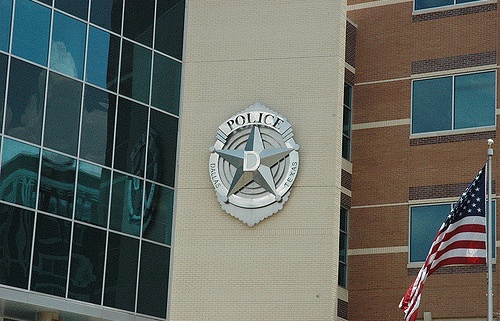
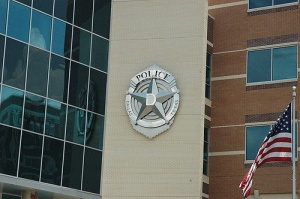
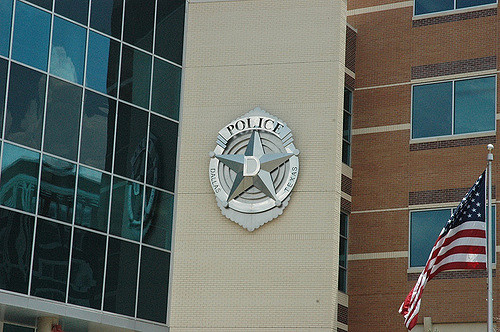


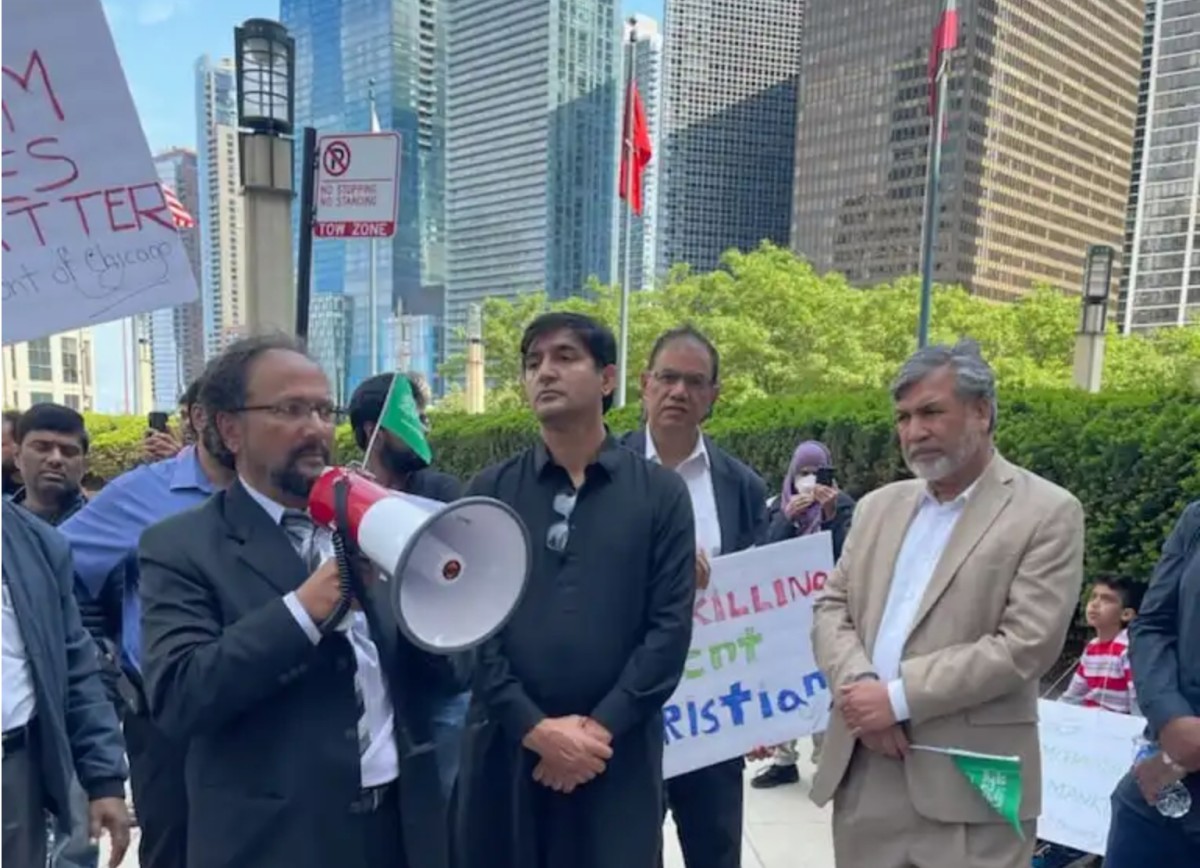
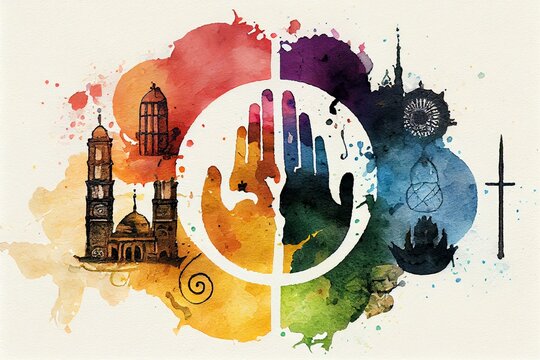





2016
1,208 views
views
0
comments